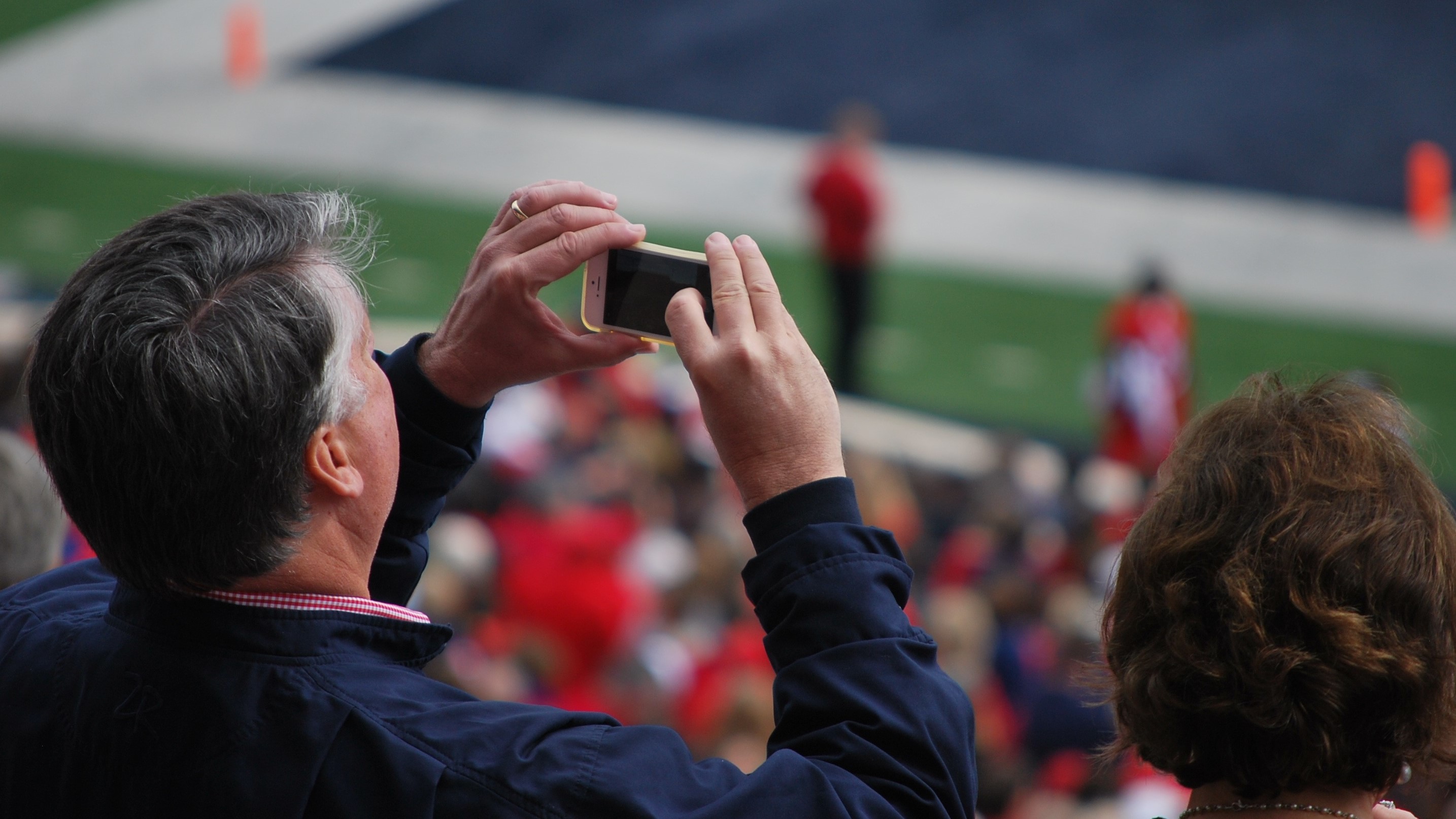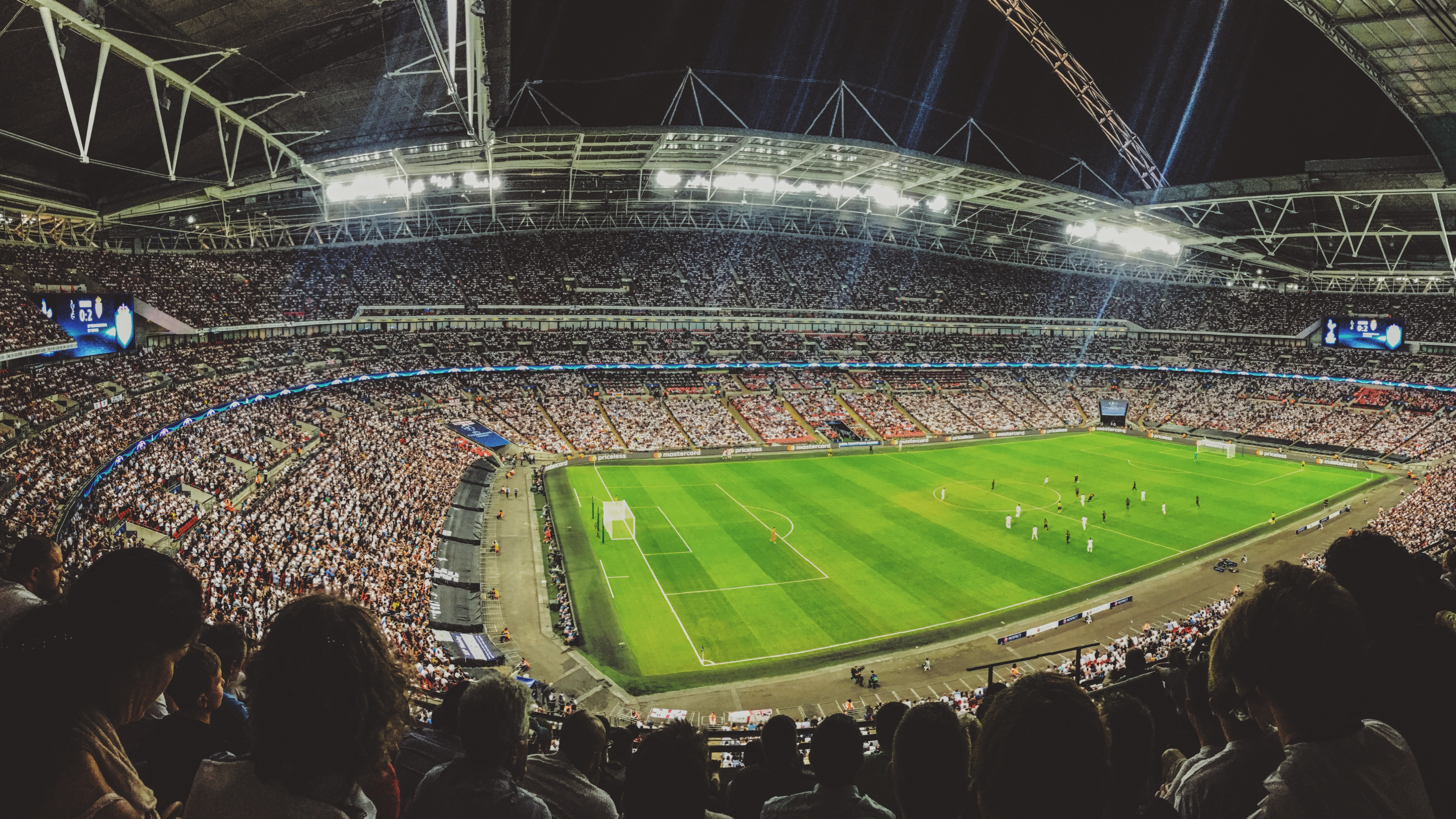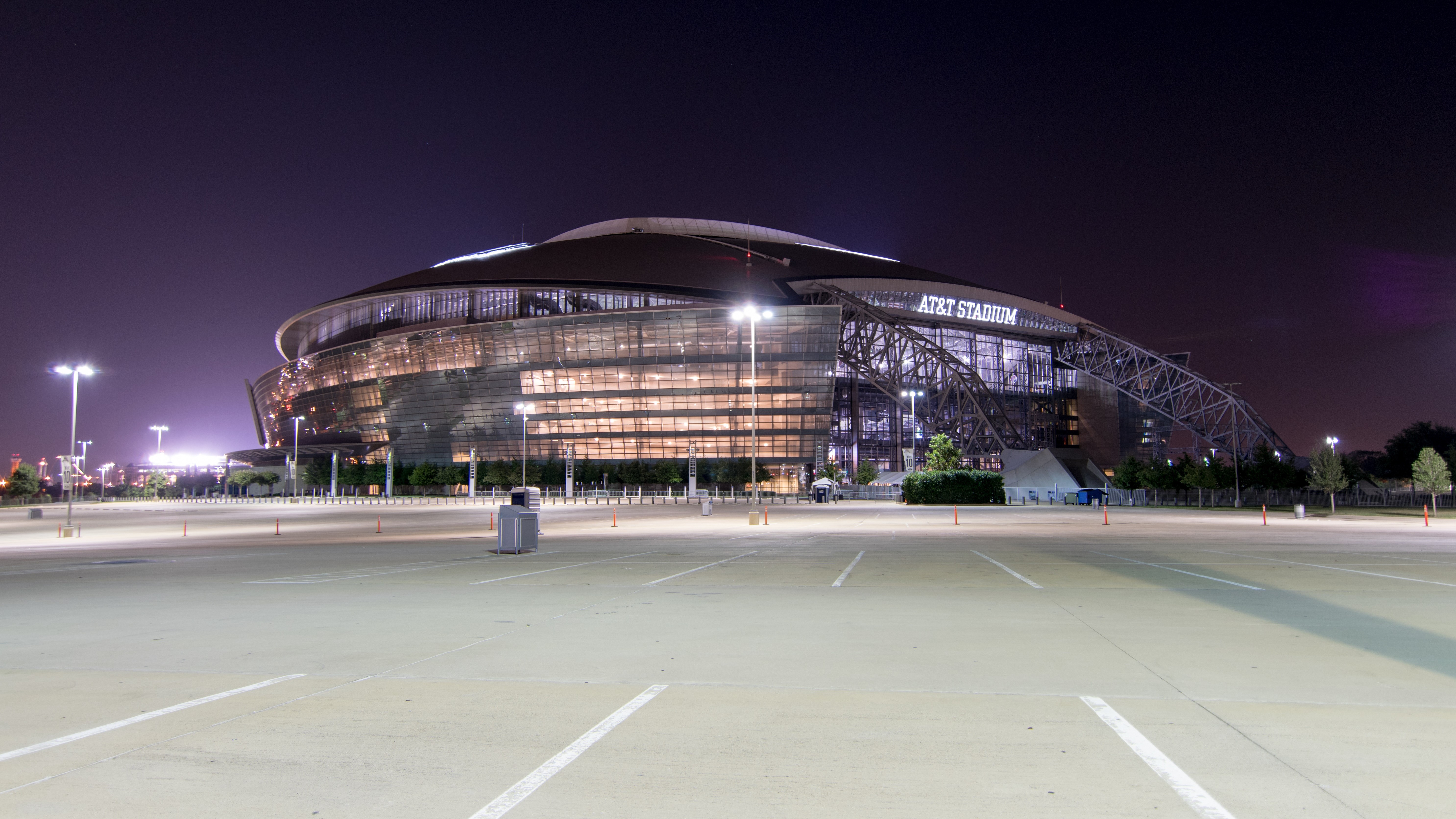How can the IoT transform the sports business?
Sports venues are getting a much needed upgrade from IoT technology.

The business of sports is continuously evolving – from fan expectations and venue operations to player insights and analytics. Having instant access to all the relevant information is crucial to winning, and the Internet of Things (IoT) is helping create a competitive advantage for owners, leagues and teams. Here are four ways that IoT is transforming sports via smart venue technology.
- We've also highlighted the best fitness trackers
1. Infrastructure
We can turn a building into an ‘intelligent infrastructure’ using smart cameras and sensors. It’s as easy as using a smartphone – we can access apps to control building functions at the press of a button. This way, we can address repairs before they become big problems, cutting down on the cost and maintenance needed.
The Intelligent infrastructure also helps venues to become more energy efficient. We can retrofit smart lighting solutions, for example, and use IoT to optimise the use of energy at these locations. We can also video-monitor traffic patterns inside a stadium to provide near real-time insights to match the customers’ needs.

2. Fan engagement
Fans are demanding more data on both their surroundings and the gameplay. Technology is delivering – personalising the fan experience. Ranging from seat upgrades and concession line updates, all the way to interactive touch-screen information kiosks. Smart venues are helping fans connect to the sport they love in new and exciting ways.
Imagine receiving a map of the venue showing you the fastest route to your seat as you approach the stadium; getting near real-time information on the closest concession stand location with the shortest queue when you want something to eat. Perhaps you want to pick up some merchandise from the team store – you can now check out and pay without waiting in any long lines. This is smart venue technology in action.

3. Transport
As sporting events and entertainment draw more fans, smart venue technology can help solve traffic congestion and parking issues that are pain points for many attendees.
Parking management systems can help monitor and control access across multiple parking facilities, including pre-booked parking, vehicle routing, digital payment options and more. This can streamline the overall process, ultimately improving the front-end fan experience and the back-end operation.
Are you a pro? Subscribe to our newsletter
Sign up to the TechRadar Pro newsletter to get all the top news, opinion, features and guidance your business needs to succeed!
For public transport, digital signage informs when the next bus or train will arrive in near real time. And electric bikes can be rented with the tap of a smartphone at stations across the city. For ridesharing commuters, stadiums are establishing dedicated drop-off and pick-up locations to improve ease and access for fans. And near real-time traffic mapping can help find the optimal route home.
4. Public safety
Last but not least, public safety will benefit in many ways as venues become more tech-driven. Drones, for example, could show paramedics what’s happening at an in-stadium accident before they arrive on-site. The potential to deploy a connected drone and collect information from the scene of an emergency could help medical services personnel make key decisions and anticipate their response.
Chris Penrose is President - Internet of Things at AT&T
- Interested in IoT? Check out how hackers are exploiting this emerging technology
Chris Penrose is responsible for AT&T’s connected device initiatives, which span several industries including automotive, agriculture, manufacturing, fleet management and tracking, healthcare, energy and consumer electronics. He is also a member of the Kelley School of Business Advisory Board, the Curing Kids Cancer board, and he serves as the chair of the Internet of Things Programme for GSMA. He is also proud to be a founder and executive advisory board member of the Together for Safer Roads coalition.
